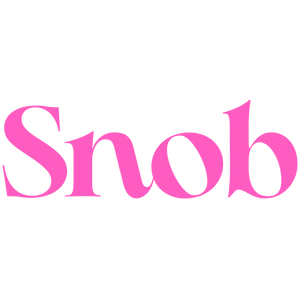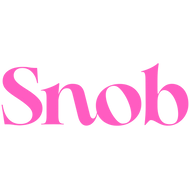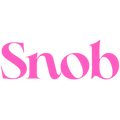How to turn your course from good to GREAT!
Lesson plan….. say whaaa???? Make sure to read this to the end if you want to improve your student satisfaction ;-)
So what is the lesson plan? A lesson plan is exactly that - a plan that is going to help guide you in what you're teaching and to help you set your goals/learner outcomes. Learner outcomes are your objectives - what you want your students to be able to do by the time they completed your lesson. If we don't set these goals then we're not able to actually measure success.
One of the major problems educators run into is they don't have clear lesson objectives. What do you think happens if you don't have a clear lesson? They fall short and the students are not able to do what the instructor had set out for them to be able to do. In turn, your student most likely will feel frustrated and in the end, won’t really enjoy or benefit from your course.
In order to be a great educator you will need to make sure that all of your students are learning and that they are able to demonstrate the key skills that you want them to do in your course or workshop. In addition to the learning objectives, you’ll want to list the materials you’ll need for your lesson so that you're prepared. For example, you may need a projector, products, handouts, pens and paper or anything needed to successfully deliver your course. This could also include extension cords, tables, chairs, music, water and coffee etc.
You will also need to include how you are going to assess. How are you going to be able to determine if your students have successfully completed what you required? How are they going to show what they have learned?
What types of tests are you going to include? Is it a practical exam? Is it a written exam? Is it a combination of these? To break it down, you’ll have to determine if you’re using formative or summative assessment.
The goal of formative assessment is to monitor students' learning and to provide ongoing feedback that can be used by educators to improve their teaching and by students to improve their learning. More specifically, formative assessments help students identify their strengths and weaknesses and target areas that need work on and to help educators recognize where students are struggling and address those problems immediately. Formative assessments are generally low stakes, which means that they have low or no point value.
Examples of formative assessments can include “checks stops.” This can be as simple as asking “do you understand” and receiving a head nod. You may choose to ask open ended questions that invite discussions or you can call on students with a question. If you're rushing a class and your students don't get what you just talked about, they are going to feel overwhelmed, stressed and flustered. The last thing we want is to get a one out of five star review because we haven’t asked questions to check for learning.
The goal of summative assessment is to evaluate student learning at the end of an instructional unit by comparing it against some standard or benchmark. Summative assessments are often high stakes, which means that they have a high point value. Examples of summative assessments include a written exam, final project or practical exam.
Information from summative assessments can be used formatively when students or educators use it to guide their efforts and activities in subsequent courses. Your lesson plan is also going to help your timing of the class. A lot of educators run into the problem of timing their lessons. They might spend an hour on a component that should be only 20 minutes. What happens then, is they run over or they end up cutting time where they need to be spending more time.
You will need to determine how much time approximately you are going to be spending on each component or module of your lesson. You will also want to make sure that we include transitions in your lesson plan. This helps with improving the class flow. For example, if you are a lash educator and you are talking about the lash growth cycle and you are moving onto lash curls, you need to tell your students that you’re “moving on.”
If you are doing an activity, let's say you are a brow artist you are talking about colour theory and students are doing an activity with pigment on paper and you need to move on, you will need to insert a transition statement. A transition statement allows your students to switch gears. You should give them a verbal “heads ups, eyes up” statement. An example would be to say "hey everyone, five minutes left to work on this and then we're going to be transitioning on to (insert blank). By having those transition statements throughout your lesson plan, your course is sure to go smoothly.
Lastly, if you are certifying your students then you’ll want to remind them how they get certified. If it means they need to schedule a practical exam, make sure you are clear on that. If you’re doing a workshop and they receive a completion certificate, make sure to have that ready to give to them.
I hope you all make time to do a lesson plan! Trust me when I say it will make a huge difference in students satisfaction and will take your course from good to great. If you are wanting to learn more about how to become better educators make sure to check out SNOB’s Educators Series Online.
X
Lesley Morgan











































































































